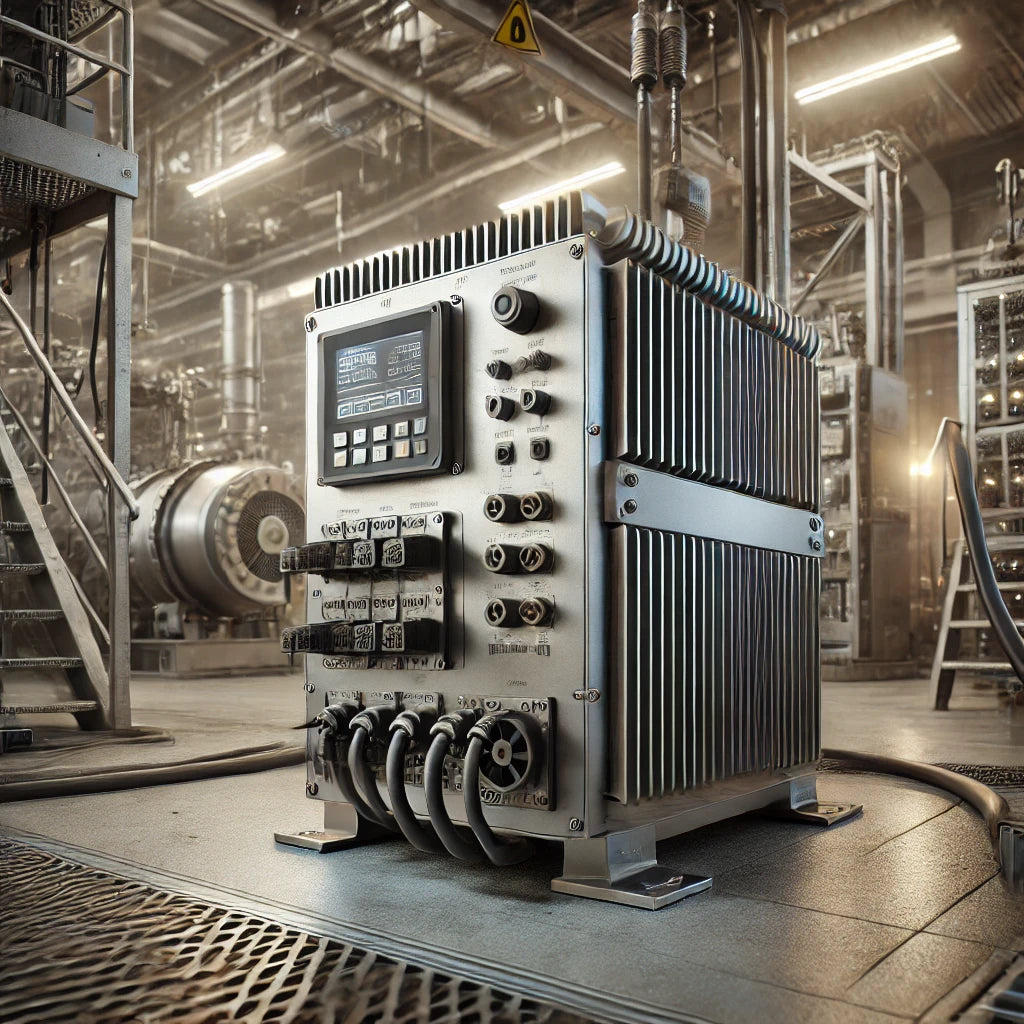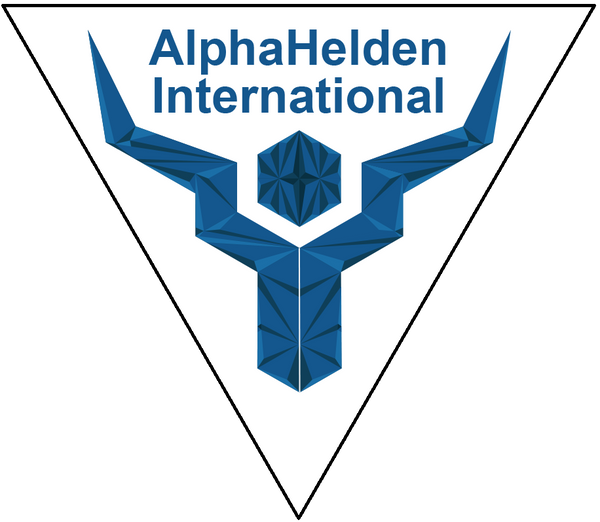
What is a good industrial power converter
Share
A good industrial power converter is essential for efficiently converting electrical power from one form to another, such as from AC to DC, DC to AC, or between different voltage levels. When selecting a power converter for industrial use, consider the following key features and options:
1. Type of Converter
- AC-DC Converters (Rectifiers): Convert alternating current (AC) to direct current (DC).
- DC-AC Converters (Inverters): Convert direct current (DC) to alternating current (AC).
- DC-DC Converters: Change the voltage level of DC power, either stepping it up (boost) or down (buck).
- AC-AC Converters: Modify the voltage or frequency of AC power, such as in frequency converters or voltage regulators.
2. Efficiency
- High efficiency is crucial in industrial applications to minimize energy loss and reduce operating costs. Look for converters with efficiency ratings of 90% or higher.
3. Power Capacity
- Ensure the converter can handle the required power load. Industrial converters often range from a few kilowatts (kW) to hundreds of kilowatts, depending on the application.
4. Reliability and Durability
- Industrial environments are harsh, so the converter should be built to withstand factors like temperature fluctuations, dust, moisture, and mechanical vibrations. Look for converters with robust construction, good thermal management, and protection features such as overvoltage, overcurrent, and short-circuit protection.
5. Input and Output Voltage
- The converter should match the input and output voltage requirements of your application. Many industrial converters are designed to handle a wide range of input voltages to accommodate various power sources.
6. Power Factor Correction (PFC)
- PFC helps improve the efficiency of power usage in AC-DC converters, reducing the strain on the electrical grid and enhancing overall energy efficiency.
7. Harmonics and EMI/EMC Compliance
- Converters should comply with electromagnetic interference (EMI) and electromagnetic compatibility (EMC) standards to prevent interference with other equipment. Low harmonic distortion is also important to ensure the power quality.
8. Communication and Control Interfaces
- Modern industrial converters often come with communication interfaces (e.g., Modbus, CAN, Ethernet) for integration into industrial automation systems, allowing for remote monitoring, control, and diagnostics.
9. Cost
- While cost is always a factor, consider the total cost of ownership, including energy efficiency, maintenance, and reliability, rather than just the initial purchase price.
